The July Crisis of 1914: How the world lost control.
The crowned heads and diplomats of Europe thought they were in control--just as our modern day leaders do.

One hundred and nine years ago today, on July 30, 1914, diplomats and political leaders in the capitals of Europe found themselves in the greatest crisis they had ever faced. Over the past two weeks or so, the telegrams and communiqués that crossed their desks daily--the stock in trade of their business of international diplomacy--had increased to a blizzard, and had begun to portend an ominous picture. Europe seemed to be headed for a major war. On that day, July 30, the Russian empire mobilized its armed forces. Two days previous, July 28, Austria-Hungary had declared war on Serbia. The complex interlocking gears of European alliances meant that even a small war, which Austria-Hungary intended to conduct, had the potential to involve the great powers (Germany, Russia, France and Great Britain) in a major conflict. The July Crisis, as it came to be called, was mostly about the diplomats trying to prevent this from happening. They failed. Within a week, Germany and Great Britain were at war, and World War I had begun in earnest.
As a history teacher, the causes and triggers of World War I present perhaps the most difficult problem in the curriculum of a modern or European history course. It's so convoluted, with so many factors involved, that it's hard to explain it without overwhelming students with a lot of information that's difficult to parse. Is it about imperialism? Alliances? Nationalism and prestige? Ancient ethnic rivalries? An arms race? Social change caused by industrialization and urbanization? The decaying atrophied monarchies no longer able to govern competently in the modern world? Economic exploitation? Yes to all. On a more basic level, if a student asks, "What were the countries of Europe fighting about in 1914?" it's hard to know how to formulate an answer that makes any sense. Unfortunately the default answer is often, "Because an Austrian archduke got shot," which is true but also a total non-sequitur. Instinctively we think that wars must be about something: territory, resources, retaliation for an attack, national security (whatever that means). World War I was sort of about these things, but not really. It's a conundrum.
Once you zoom out, though, what becomes clear, at least to me, is that the July Crisis and the start of World War I was about the people who thought they were in control of the world--and who believed that significant parts of the world, which European countries had colonized, were theirs to do with as they pleased--realizing suddenly that they were not in control, and perhaps never had been. The major European leaders, especially the autocratic ones like Kaiser Wilhelm II of Germany and his cousin, Tsar Nicholas II of Russia, could command vast armies and (at least in Germany's case) sizable navies, but in the July Crisis they found their vast power was constrained by the unintended consequences of decisions that they and their predecessors had made over the preceding decades, and also larger forces, like industrialization, they couldn't control.
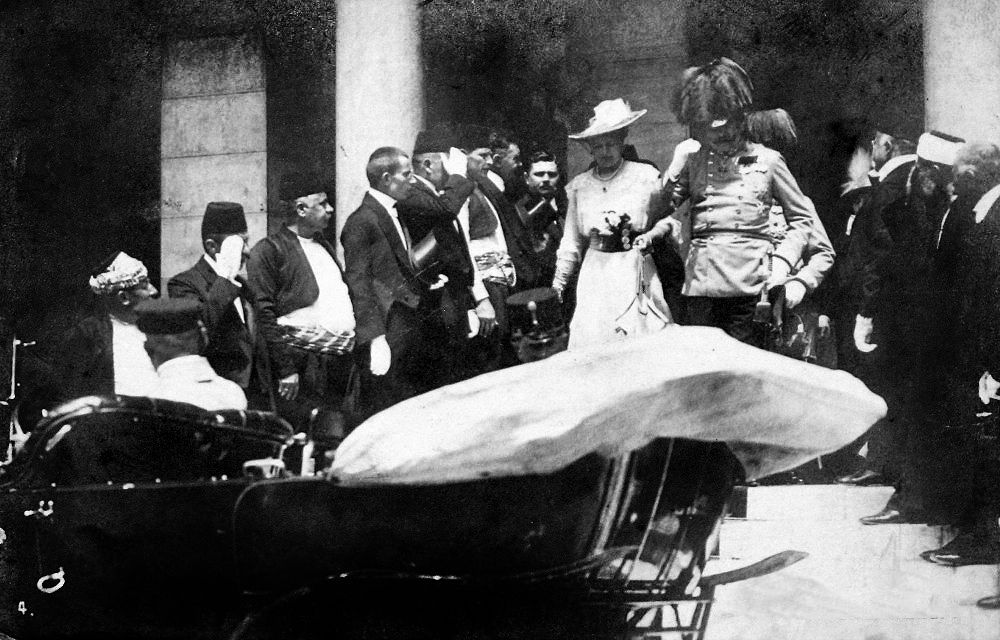
Take for example railroads and timetables--a major cause of World War I that isn't discussed that often. Between 1870 and 1914, the big European powers developed modern armies on the Prussian model. This was a system where a country's standing army was backed up by a vast pool of reservists, men who had military training but who were not professional soldiers, but who could be called up in a time of national emergency to become active-duty soldiers. By 1914 each country had a finely-tuned system of mobilization that aimed to put a fully-equipped army, ready to go off and fight, at a specified time after a national leader pulled the trigger on mobilization. If you were a reservist in rural France, say, when your military training was over you'd receive a little booklet that would say something like, "If there's a mobilization, on day 3 after it's declared, show up at the railroad station at Metz at 9:00 AM ready to go." These plans were extraordinarily detailed and designed to mesh with railroad and supply infrastructure already in place.
In the July Crisis, mobilizations ended up being more important than actual declarations of war. A national leader deciding to mobilize its army meant that he thought war was likely enough to begin the expensive and difficult process of getting the army together, and if he thought that, another leader on the opposite side of an alliance (or the same side, in some cases) should probably mobilize too, just so as not to be caught unawares. Germany, which had a lot of fast railroads, could mobilize its army in three days, while Russia, where the railroads were much more sparse and supply infrastructure more antiquated, would take three weeks. Thus, Nicholas II, on July 30, had to decide, "Is war likely enough in the next three weeks to pull the trigger on this process today, knowing how Germany will likely react?" The testimonies of European rulers, diplomats and military leaders about the pre-World War I crisis are full of statements and sentiments like, "We had no choice," or "We felt constrained..." or "If we hadn't done X, the risk of Y was too great." Strange talk, isn't it, from people who a few weeks earlier thought they were in charge of the world?
This is not ancient, irrelevant history, as dry as dust. We're in a similar position today, in 2023, except the threat isn't world war, but global warming. The summer of 2023 has broken all records for heat waves, and the disasters that follow, like wildfires, are rippling out of control. Every government on Earth knows that the burning of fossil fuels in industrial activity is the cause of this calamity--they've known for decades--yet not a single one of them is doing anything substantive to stop it, like shutting down refineries, closing pipelines or criminalizing fossil fuel industries. The people in charge, whether they're national leaders, government officials, corporate CEOs or financial managers, are losing control of the world that they, like the leaders of 1914, thought was their unique bailiwick to manage and exploit. They will be as surprised by the scale of the disaster that results as the mustachioed, medal-spangled European aristocrats of 1914 were at the war that resulted from their mistakes. Unfortunately, as millions of ordinary people did after July 1914, we will all have a share in paying the price.
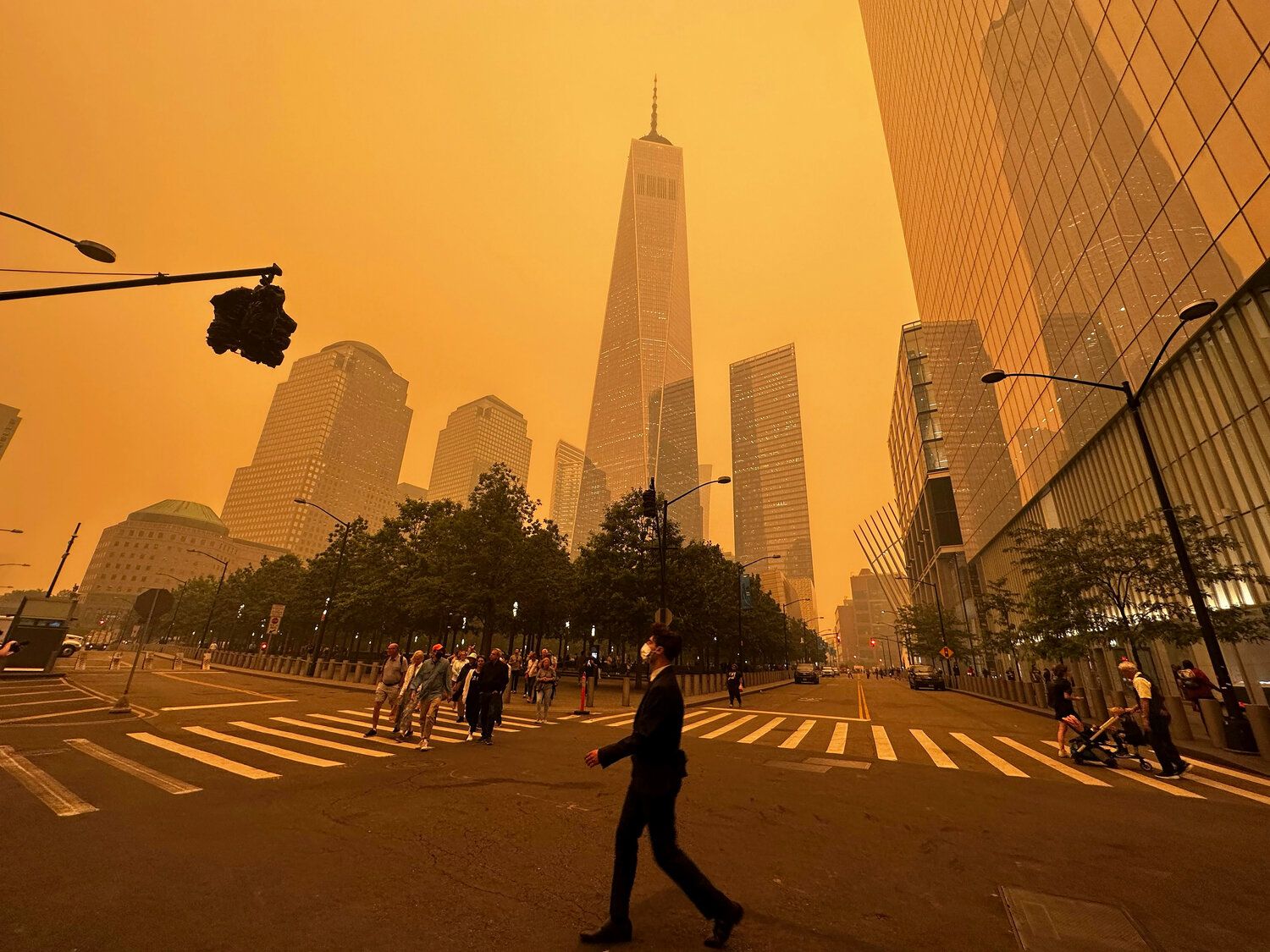
Each time the anniversary of the beginning of World War I comes around, in mid- to late summer, I think about its implications and how they still resonate in our world of today. World War I is a frightening subject; so is global warming. One of the great frustrations of being a historian is being continually beaten over the head with the realization that humans are unlikely (and unwilling) to learn from their past mistakes. The July Crisis of 1914 isn't ancient history. It's happening now, with different roles, costumes and a couple of barely-altered plot points, but at its root it's the same tragic play.
The Value Proposition
Why should you be reading this blog, or receiving it as a newsletter? This is why.
☕ This is where I normally put my Ko-fi link. Don't buy me a coffee this week--order my new history book The 50 Most Important Things in History instead for the same price!
🎓 Like learning? Find out what courses I’m currently offering at my website.
📽 More the visual type? Here is my YouTube channel with tons of free history videos.
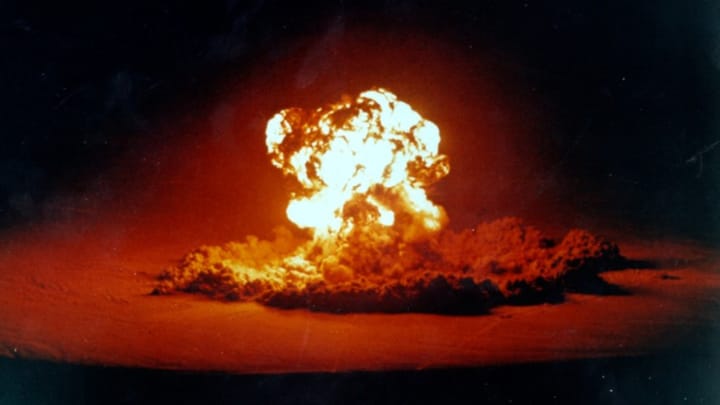
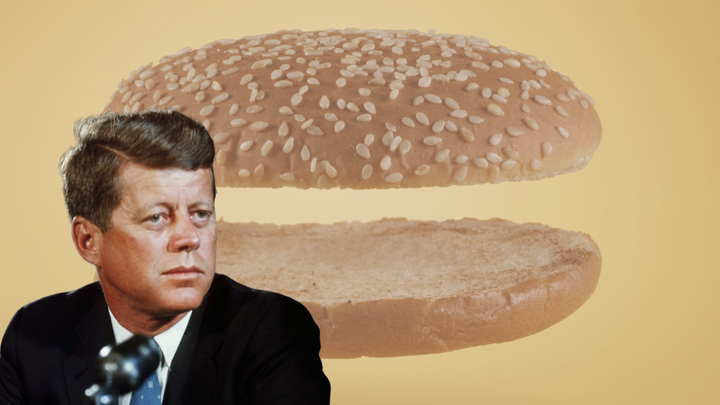
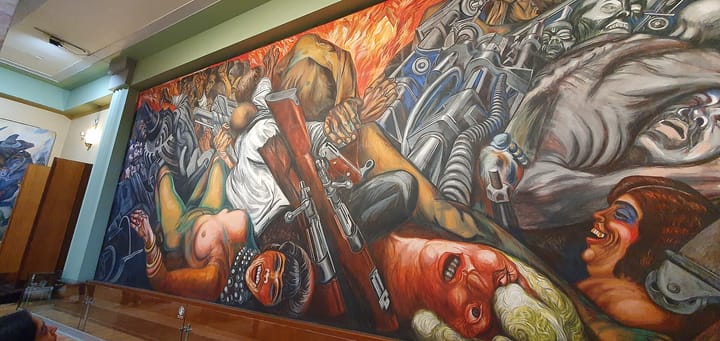
Comments ()